Why did the Supreme Court uphold Northern Ireland’s strict abortion laws?
Majority of judges reject campaigners' challenge, but say the existing legislation is incompatible with human rights law
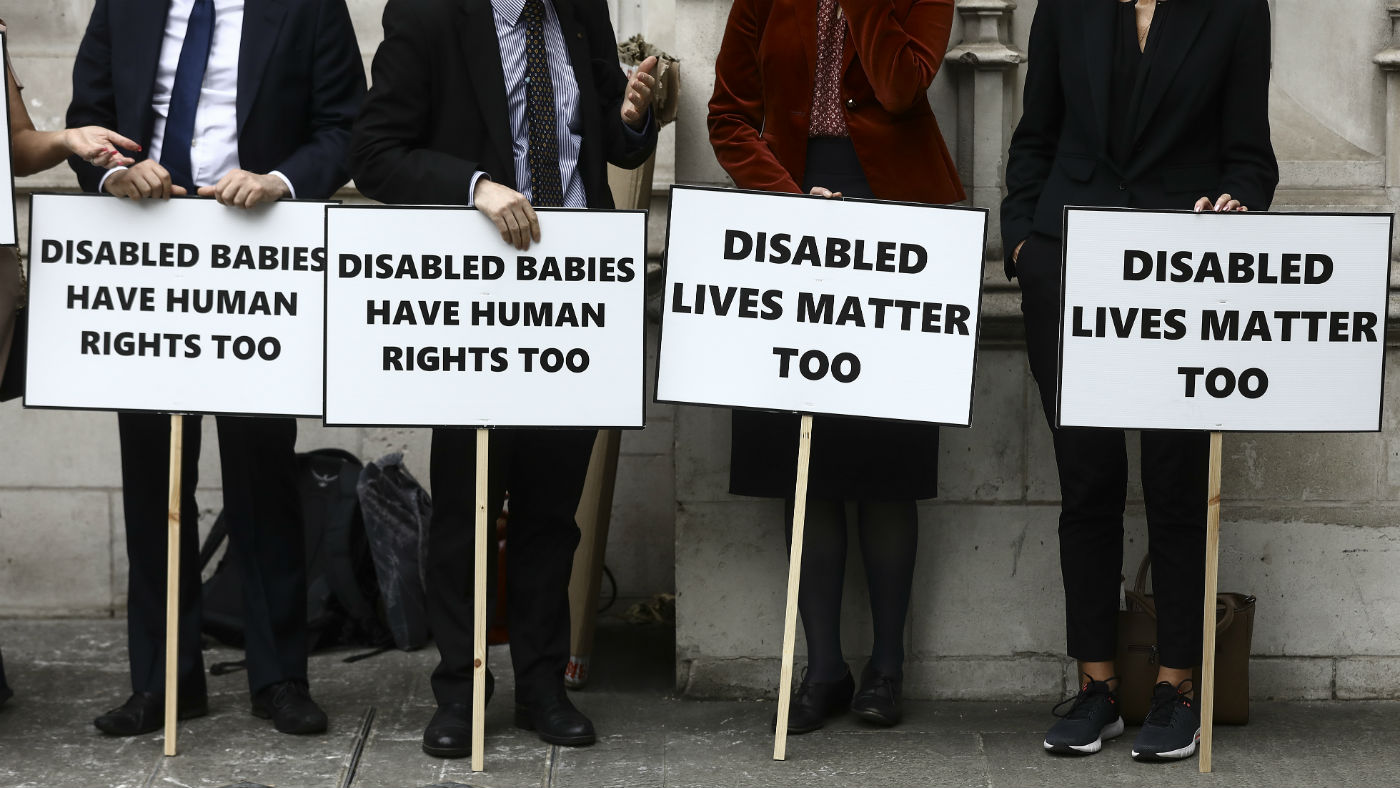
A free daily email with the biggest news stories of the day – and the best features from TheWeek.com
You are now subscribed
Your newsletter sign-up was successful
The Supreme Court has rejected an appeal by human rights campaigners challenging Northern Ireland’s restrictive abortion laws.
Unlike in other parts of the UK which are covered by the 1967 Abortion Act, a termination in Northern Ireland is only permitted if a women’s life, or permanent mental or physical health is at risk.
What did the court say?
The Week
Escape your echo chamber. Get the facts behind the news, plus analysis from multiple perspectives.

Sign up for The Week's Free Newsletters
From our morning news briefing to a weekly Good News Newsletter, get the best of The Week delivered directly to your inbox.
From our morning news briefing to a weekly Good News Newsletter, get the best of The Week delivered directly to your inbox.
The Northern Ireland Human Rights Commission (NIHRC) had appealed to the court on the grounds the current law was in breach of the European Court of Human Rights – a claim which was narrowly defeated on technical grounds because the proceedings did not involve an identified victim.
However, in a hugely symbolic ruling for pro-choice campaigners, a majority of judges went on to add that Northern Ireland’s existing abortion law was incompatible with human rights law in cases of fatal foetal abnormality and sexual crime.
What happens next?
Although the decision is not a formal declaration of incompatibility, because the case has technically been dismissed, “the judgment triggered fresh calls for the government and politicians in Northern Ireland to deal with the issue” says The Guardian.
A free daily email with the biggest news stories of the day – and the best features from TheWeek.com
Last month, the Republic of Ireland overwhelmingly voted to repeal the country’s strict abortion laws, leaving Northern Ireland as the only part of Britain or Ireland with such a restrictive regime.
The vote piled further pressure on Theresa May to intervene and force a referendum on relaxing the laws in Northern Ireland – something she has rejected, arguing it is the responsibility of the devolved assembly in Stormont.
Where does this leave Northern Ireland?
“While the case's dismissal means the government is not obliged to change the law” says the BBC’s Marie-Louise Connolly, BBC News NI health correspondent, “the seven judges have given a strong nod that reform is needed”.
“However, those who argue the law should stay the same will take comfort that the majority of judges agreed the NIHRC didn't have the right to bring the case” she adds.
Sinn Fein, which backs calls for some change to the law, said the court’s judgement made clear that the status quo was untenable when it came to cases of fatal abnormality and rape.
However, its Democratic Unionist (DUP) rivals hailed the ruling a victory for pro-lifers.
It means that with Westminster unable or unwilling intervene, a power-sharing deal nowhere in sight and Northern Ireland’s two main parties bitterly divided on the issue, changes to the law still seem a long way off.
-
 ‘Poor time management isn’t just an inconvenience’
‘Poor time management isn’t just an inconvenience’Instant Opinion Opinion, comment and editorials of the day
-
 Bad Bunny’s Super Bowl: A win for unity
Bad Bunny’s Super Bowl: A win for unityFeature The global superstar's halftime show was a celebration for everyone to enjoy
-
 Book reviews: ‘Bonfire of the Murdochs’ and ‘The Typewriter and the Guillotine’
Book reviews: ‘Bonfire of the Murdochs’ and ‘The Typewriter and the Guillotine’Feature New insights into the Murdoch family’s turmoil and a renowned journalist’s time in pre-World War II Paris
-
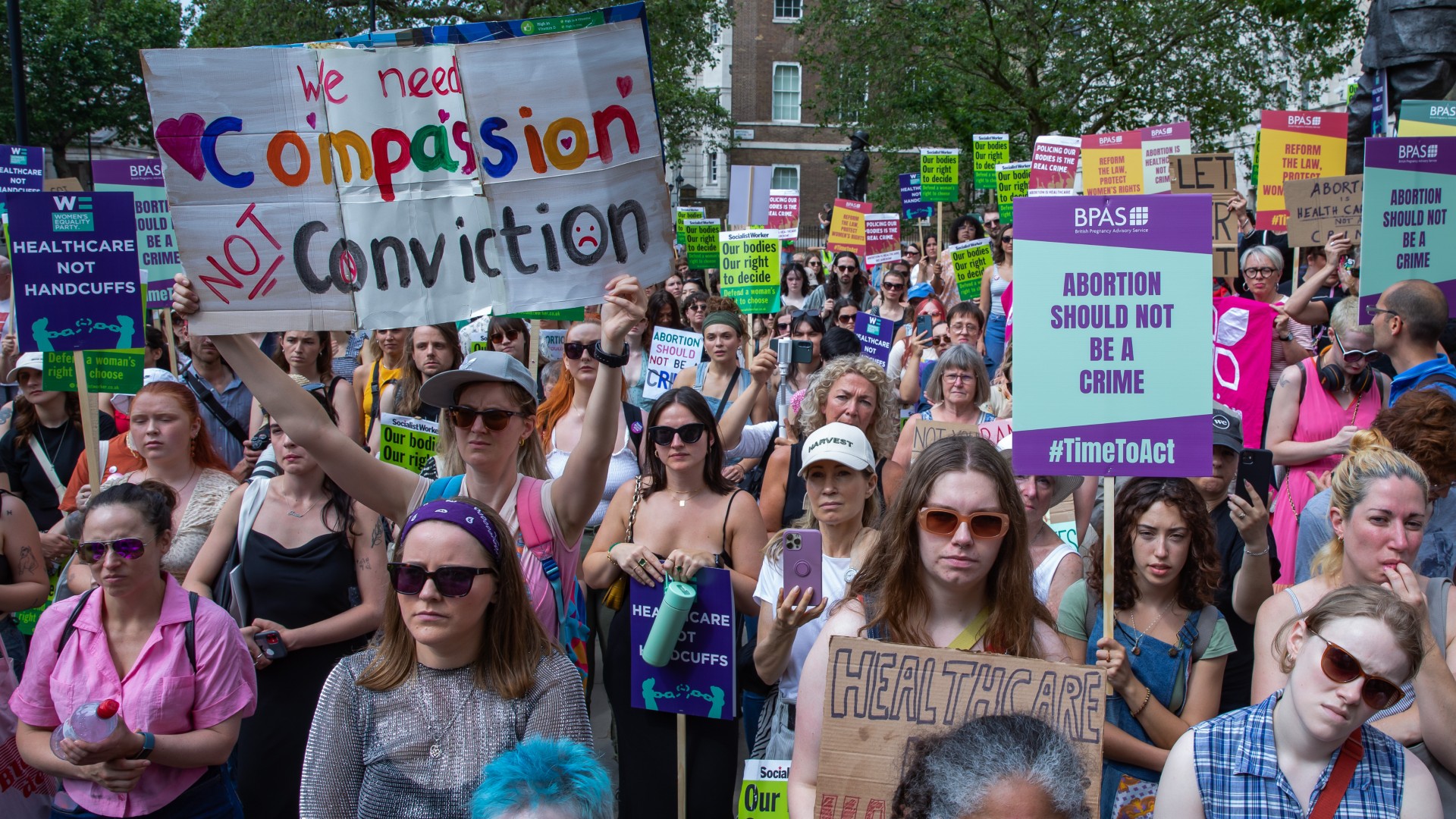 Is the UK about to decriminalise abortion?
Is the UK about to decriminalise abortion?Talking Point A rise in prosecutions has led Labour MPs to challenge the UK's abortion laws
-
 Abortions rise to record level 'due to cost of living'
Abortions rise to record level 'due to cost of living'Speed Read Low-income women face 'heart-breaking' choice, warns abortion charity chief
-
 Rwanda law suffers Northern Ireland setback
Rwanda law suffers Northern Ireland setbackSpeed Read Belfast High Court finds Illegal Migration Act clashes with Good Friday Agreement human rights provisions
-
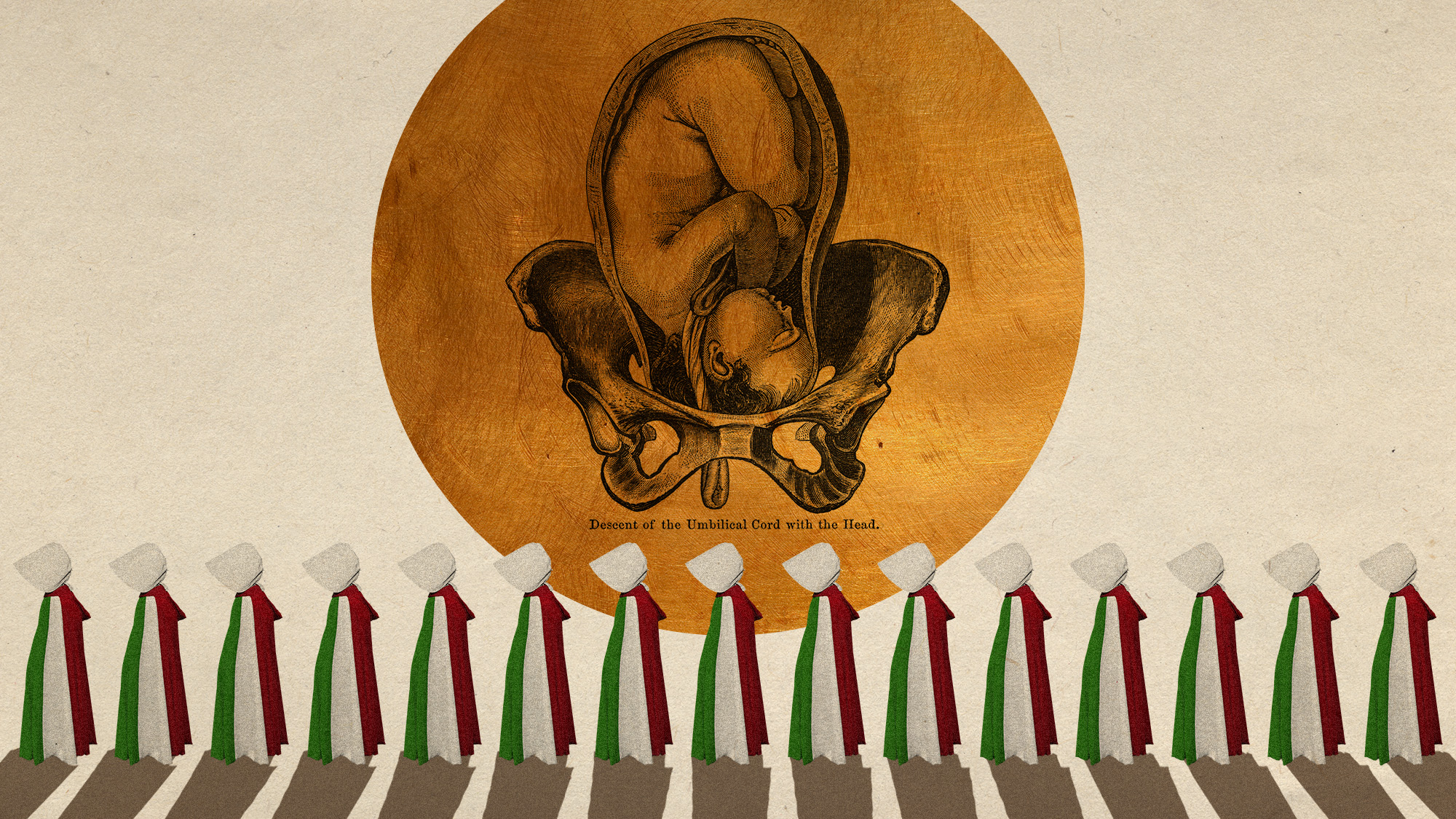 Italian senate passes law allowing anti-abortion activists into clinics
Italian senate passes law allowing anti-abortion activists into clinicsUnder The Radar Giorgia Meloni scores a political 'victory' but will it make much difference in practice?
-
 France enshrines abortion rights in constitution
France enshrines abortion rights in constitutionspeed read It became the first country to make abortion a constitutional right
-
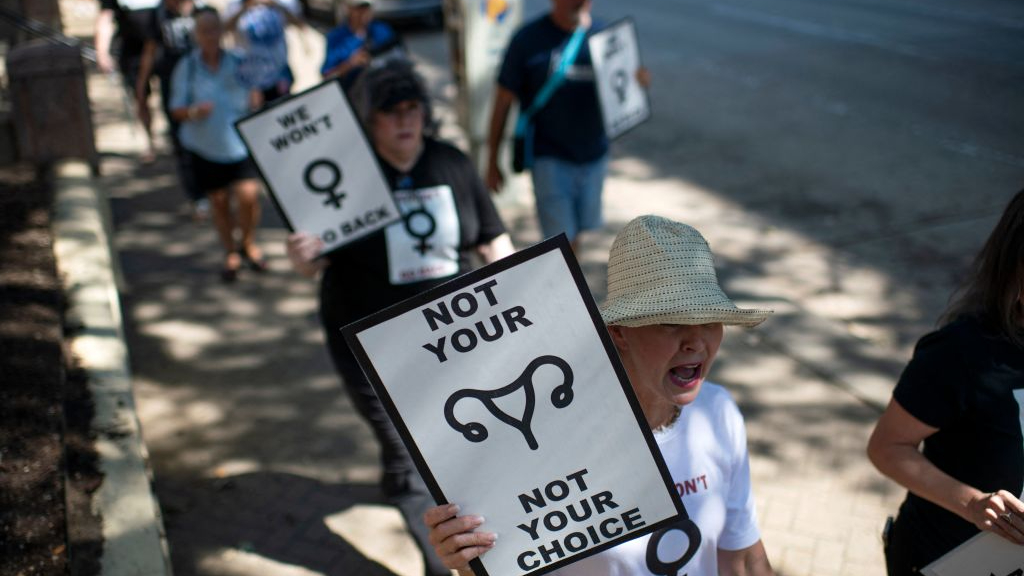 Texas judge approves abortion of nonviable fetus, drawing threat from Texas attorney general
Texas judge approves abortion of nonviable fetus, drawing threat from Texas attorney generalSpeed Read Kate Cox petitioned to terminate her doomed pregnancy, salvaging her uterus and the option to try for more children
-
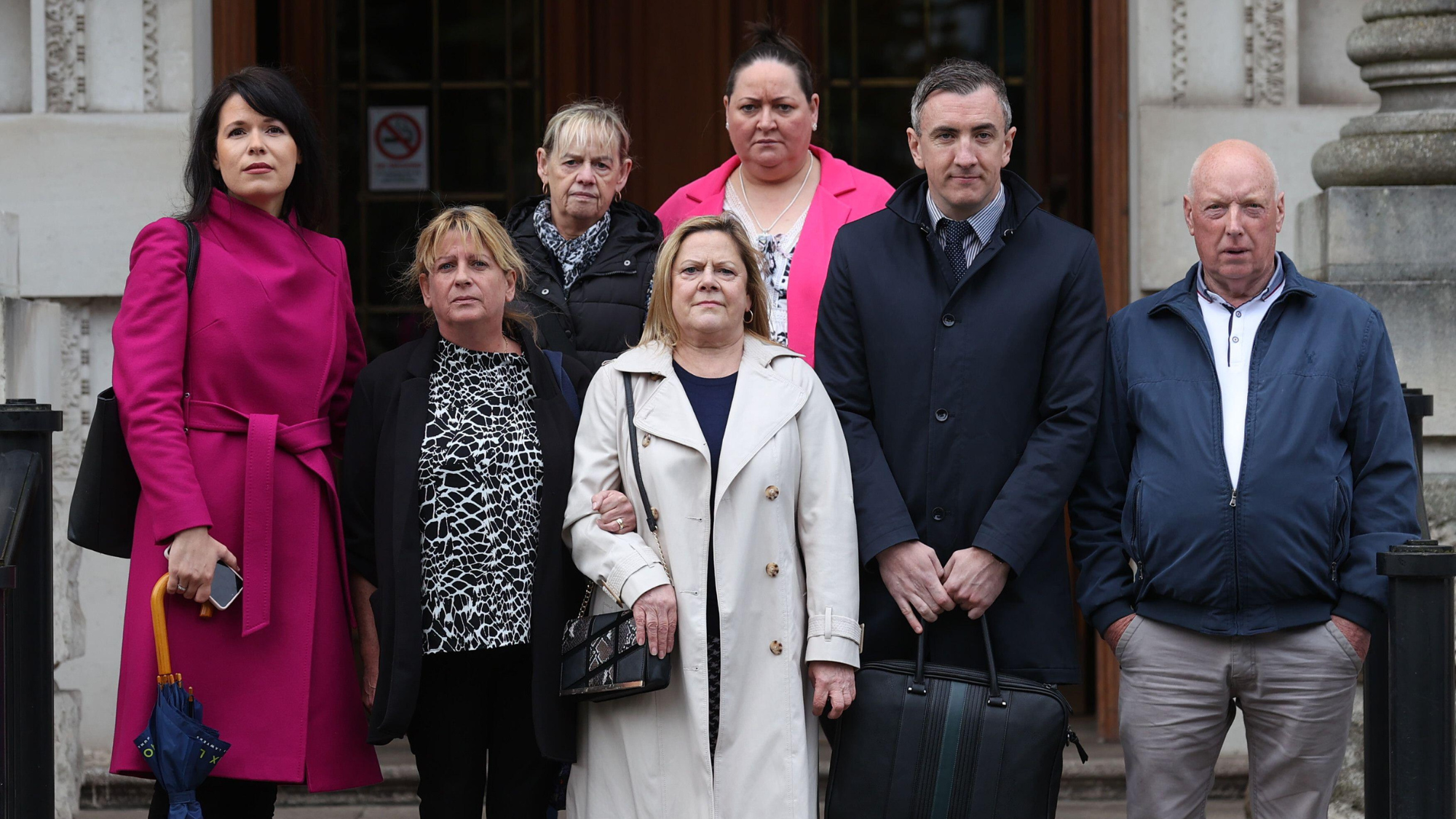 Why the Troubles Act faces a legal challenge in Belfast
Why the Troubles Act faces a legal challenge in BelfastThe Explainer Relatives of victims bring case against controversial legislation to High Court
-
 Ohio voters defeat GOP measure to raise referendum threshold
Ohio voters defeat GOP measure to raise referendum thresholdSpeed Read